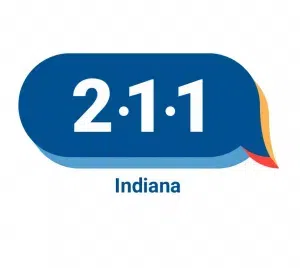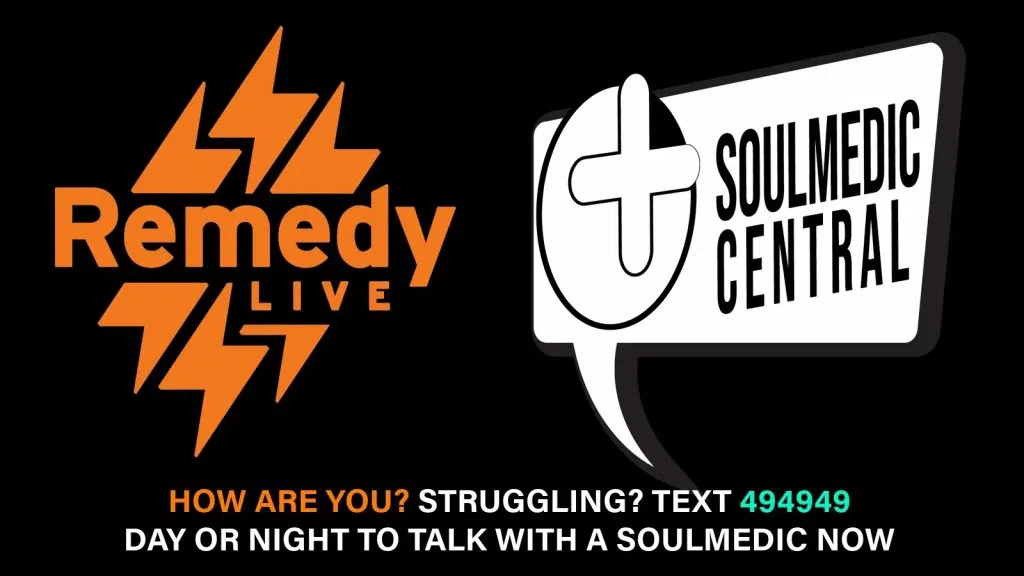Charles had sunk into depression. Despite having a loving family, he felt all alone. “The overwhelming pressure of supporting them was continuing to build,” he said, “and I felt like taking my own life.” Surprisingly—or perhaps not—Charles Morris also led a Christian ministry.
A wise friend told him that when faced with depression, “We should soak in the Psalms.” Charles got through his deep despondency by reading relatable Bible passages, accepting prudent medical care, and pouring his heart out to God.
The Psalms are often brutally honest. Heman the Ezrahite wrote one of the most bitter. Hope is found only in the opening lines: “Lord, you are the God who saves me” (88:1). Heman seems to accuse God: “You have put me in the lowest pit” (v. 6). “You have overwhelmed me” (v. 7). He had questions: “Why, Lord, do you reject me?” (v. 14). “Are your wonders known in the place of darkness?” (v. 12). Most psalms end with a message of hope. Not this one. Heman concludes, “Darkness is my closest friend” (v. 18). This is the prayer of a truly desperate man. Yet Heman directed all his pain to God.
When we read psalms such as this one, we realize we’re not alone. Others have experienced desperate feelings and have dared to put voice to them. God could take such honesty from Heman. He can take it from you too. He’s there, and He’s listening.









